Costa Rica – World Health Day celebration
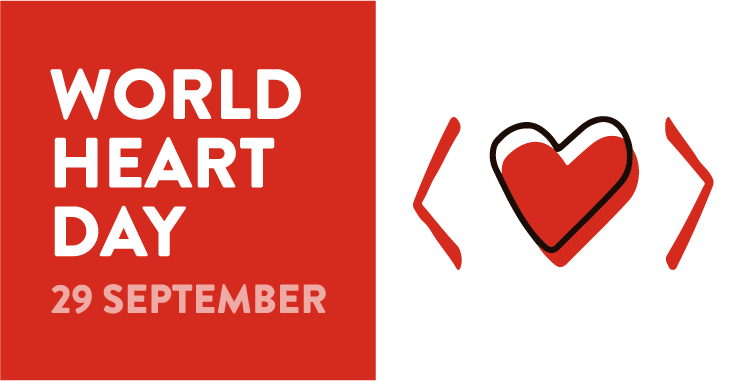
The Costa Rican team of the multi-center project “Scaling-up and evaluating salt reduction policies and programs in five countries in Latin America” launched open educational materials for World Heart Day celebrations on the 29th of September. These educational materials are intended to sensitize and develop skills in children, adolescents and their families to reduce excessive […]
The Digital Education to Limit Salt in the Home Program (DELISH) Improved Salt-Related Knowledge, Attitudes, and Behaviors in Parents
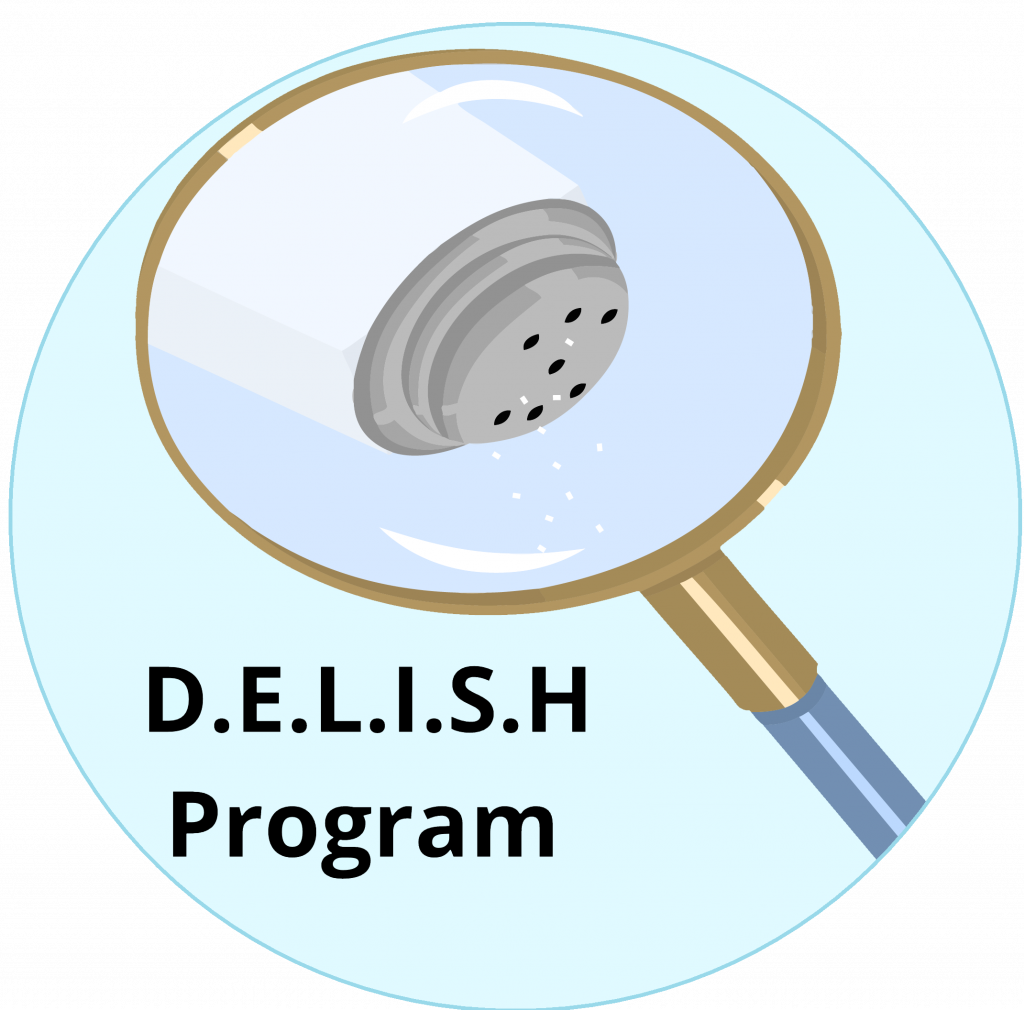
A study by Khokhar et al recently published in the Journal of Medical Internet Research highlights the potential use of web-based programs to improve salt-related knowledge, attitudes and behaviours (KAB). This pilot study investigated the effect of a 5-week web-based intervention, comprising online newsletters and text messages, and online KAB surveys, in parents and school-children. Significant […]
It’s time for ACTION on salt – World Salt Awareness Week (WSAW), 4-10th March
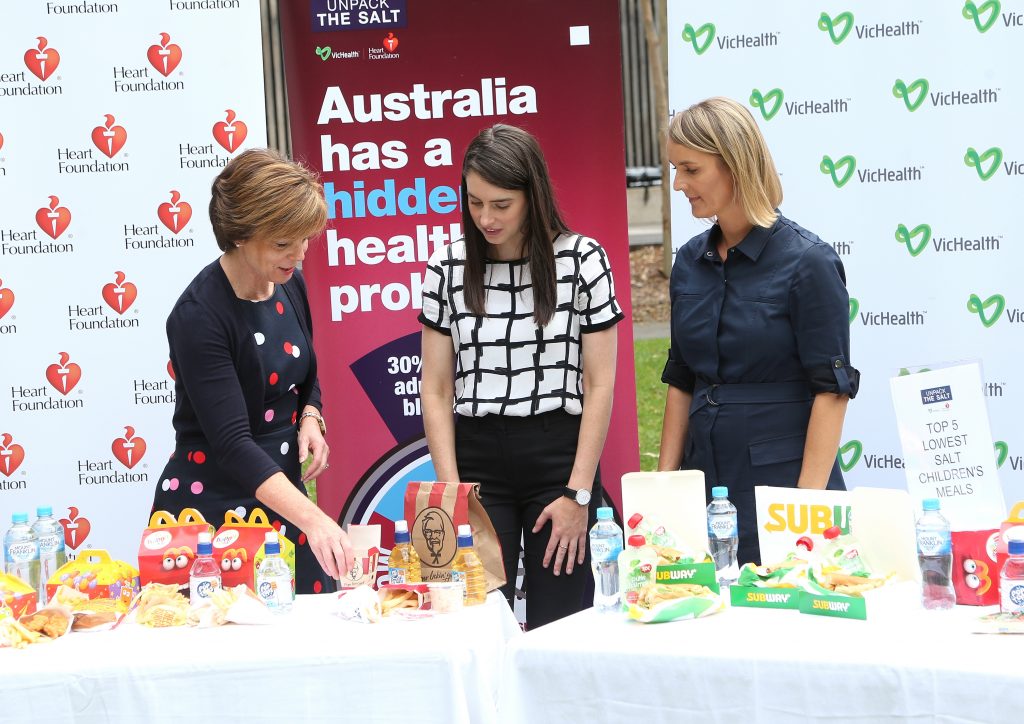
The theme set by World Action on Salt and Health (WASH) for 2019 WSAW was ACTION. This theme emphasised the need to act given the unacceptably high burden of unnecessary ill health and death due to high salt intakes. WASH and supporters called for action from governments, food industry, health charities and non-governmental organisations, and […]
Web based learning improves salt-smarts in children (Victoria, Australia)

Grimes CA et al conducted a study investigating the efficacy of a digital education program on salt reduction in 83 children (mean age= 9yrs). The intervention included weekly interactive online sessions, conducted over 5-weeks. Surveys on knowledge, attitudes and behaviours (KABs) were conducted pre and post intervention with a 24-hr urine collection taken to estimate […]
Process Evaluation Informs Future Salt Reduction Strategies in the Pacific Islands

Fiji specific results from the Global Alliance for Chronic Diseases (GACD) project on “Cost-effectiveness of salt reduction strategies in the Pacific Islands” led by The George Institute for Global Health in collaboration with C-POND, Fiji, have been published in Nutrients. Webster et al conducted a process evaluation and costing of the multi-faceted population salt reduction […]
Cost-effectiveness of a government policy to reduce sodium intake
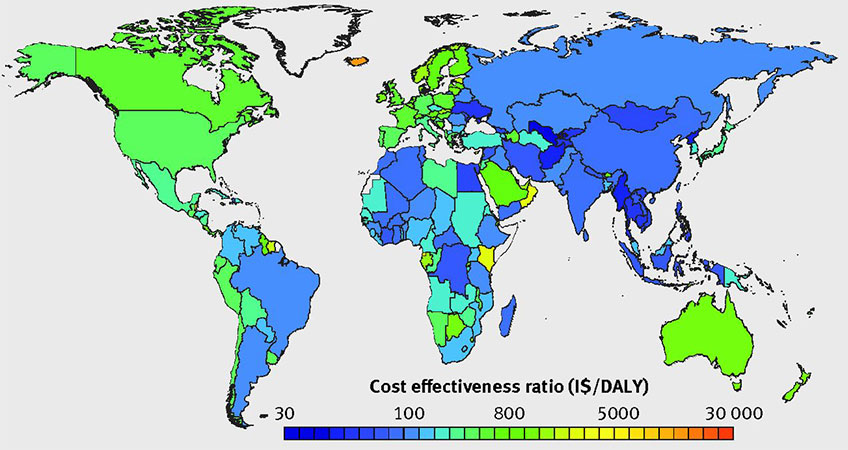
A recent study by Webb et al published in The BMJ modelled the effects and costs of a government policy that combines targeted industry agreements and public education to reduce sodium intake in 183 countries. Intervention costs for each country were assessed using the WHO-CHOICE (CHOosing Interventions that are Cost-Effective) database, while country-specific effects on […]
Data analysis training in Samoa
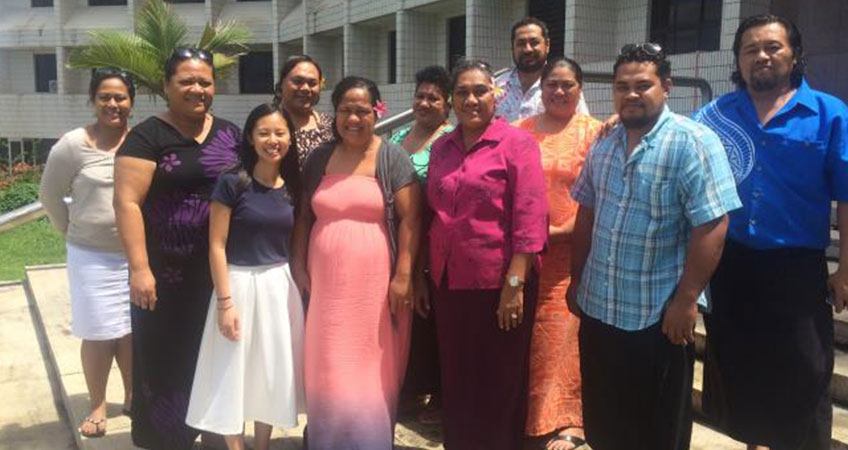
As part of the Global Alliance for Chronic Disease project on Cost-Effectiveness of Salt Reduction in the Pacific Islands, Kathy Trieu from the George Institute conducted training on data analysis with Samoa Ministry of Health and Samoa Bureau of Statistics on 22 November 2016. The aim of the training was to strengthen skills in using […]